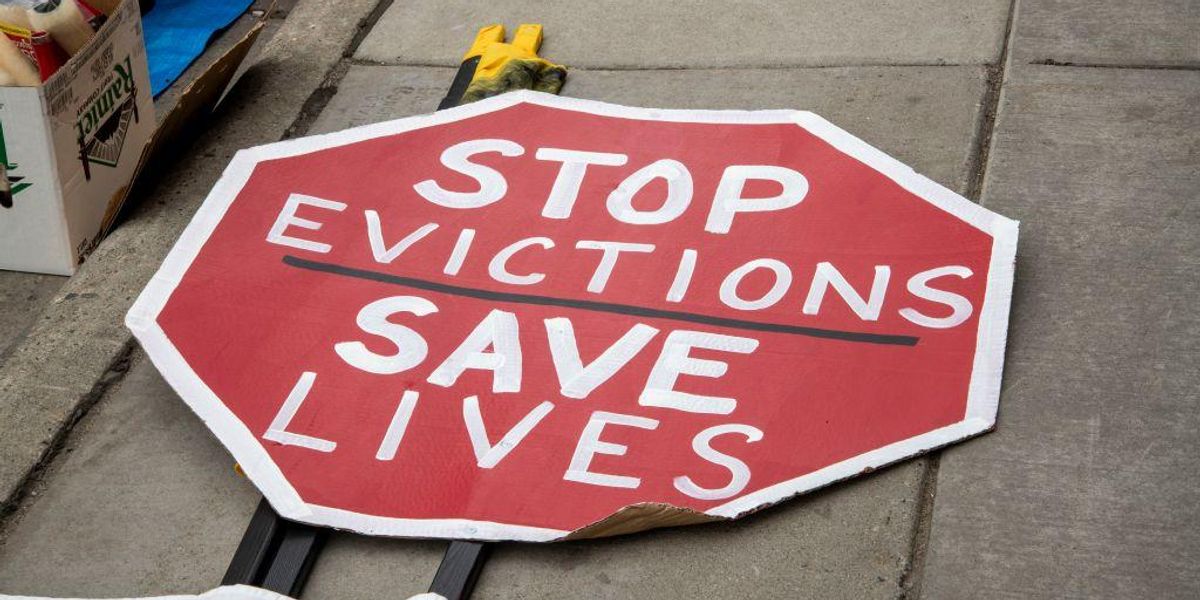Less than a year after voters approved some of the strictest rent control measures in the country, the St. Paul, Minnesota, city council appears set to approve exemptions for new construction projects and other reforms opposed by activists.
In a vote of 4-3 on Wednesday, the council approved a series of amendments that will exempt new construction from rent control requirements for 20 years, permit rents to rise in years with high inflation, and allow landlords to reset rents at higher prices once a tenant moves out, Pioneer Press reported.
Activists succeeded in getting rent control on the ballot last year over the objections of the city council. 53% of voters approved capping rent increases at 3% annually, providing no exemptions so that landlords might adapt prices to changing economic conditions.
But amendments were proposed after real estate developers and landlords said they’ve canceled new developments, sold units, or paused housing construction as rent in St. Paul has been unable to keep pace with inflation. According to the city’s director of Planning and Economic Development, St. Paul saw a 31% decrease in the number of new permitted units since the rent control measures were adopted last November.
St. Paul Mayor Melvin Carter convened a 41-member stakeholder task force comprised of developers, landlords, and renters to examine potential changes to the policy. However, the amendments proposed by city council member Chris Tolbert went beyond the recommendations of the task force.
Under Tolbert’s proposal, rent control would not apply to apartments less than 20 years old, which council members said would incentivize new construction. Additionally, landlords would be able to circumvent the 3% cap on increasing rents by “banking” annual increases, which they could apply once a tenant moves out. This “vacancy decontrol” policy would let landlords increase rent beyond the 3% cap once a tenant leaves while incentivizing them to avoid raising rates on current renters.
Councilmember Jane Prince said the Tolbert amendments are needed because the current rent control policy puts pressure on landlords to raise rent by the allotted 3% each year.
“I’ve talked to numerous landlords who say, ‘I have tenants I’ve rented to for 5, 10, 15 years. I don’t raise their rents, knowing that when the unit is vacated, I can then raise the rents,’” Prince said, according to Pioneer Press. “We have put landlords in the position where they feel they have to raise the rents 3 percent every year, which is more (than they would have without rent control).”
“Since this passed, it’s been really bad for my ward,” she added. “I immediately lost 100 affordable units when a developer pulled out.”
However, activists claim vacancy decontrol would undermine the entire law and are opposed to the changes. The SEIU MN State Council blasted the proposed amendments in a statement Thursday and called for the mayor to veto the city council if the amendments move forward.
“Our Union, which brings together thousands of low- and middle-income workers in St. Paul in healthcare, home care, property services, and schools, most of whom are renters, has been proud to support rent stabilization … But the drastic change Council Members Prince, Brendmoen, Tolbert and Ballanger voted to approve takes the best part of what has come from all that hard work and guts it altogether from the ordinance,” said Phillip Cryan, executive vice president of SEIU Healthcare Minnesota, and co-chair of the Rent Stabilization Task Force.
He added, “This huge policy change … is appalling, not just because it would be so harmful to renters if it goes into effect, but also because 41 people came together across our many differences and disagreements and worked very hard for several months to make broad-consensus policy recommendations in Mayor Carter’s working group. That group vigorously debated and explicitly rejected the kind of full vacancy decontrol … renters will suffer if this becomes law.”
Most economists agree that government price controls on apartments do more harm than good. Supply and demand theory holds that any sort of price control creates shortages that prevent lower-income individuals from accessing needed goods and services. In the case of rent control, it’s a housing shortage that perversely increases demand for housing and increases rents in other areas.
It’s a lesson that cities like St. Paul are learning the hard way.
